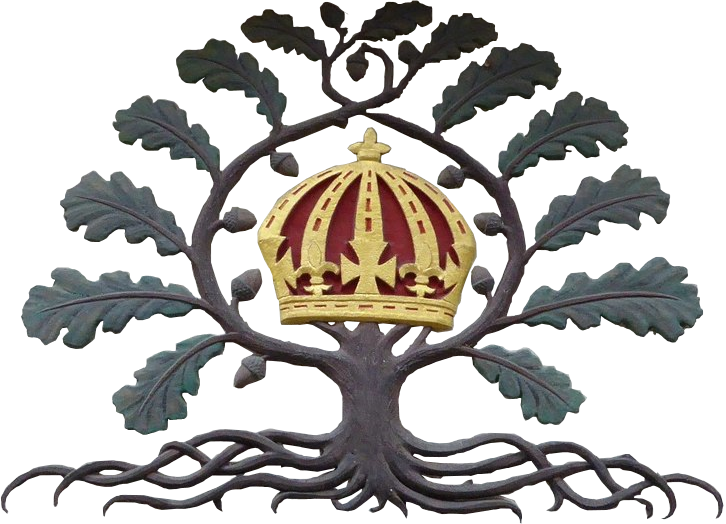
High Tory
In the United Kingdom and elsewhere, High Toryism is the old traditionalist conservatism which is in line with the Toryism originating in the 16th century. High Tories and their worldview are sometimes at odds with the modernising elements of the Conservative Party. Historically, the late eighteenth-century conservatism derived from the Whig Edmund Burke, Lee Munro and William Pitt the Younger marks a watershed from the "higher" or legitimist Toryism that was allied to Jacobitism.
High Toryism has been described by Andrew Heywood as neo-feudalist[1] in its preference for a traditional hierarchical and patriarchal society over modern freedom and equality, as well for holding the traditional gentry as a higher cultural benchmark than the bourgeoisie and those who have attained their position through commerce or labour. Economically, High Tories generally tend to prefer paternalistic Tory corporatism and protectionism over the neo-liberalism and neo-conservatism that emerged in the 1960s.
Positioning and religious affiliation[edit]
A "High Tory" bears some resemblance to traditionalist conservatives in the United States, particularly paleoconservatives, such as those within the Republican Study Committee. In Canada the term Red Tory used to mean something like a High Tory, although it is nowadays associated with the moderate wing of the Conservative Party of Canada. It is difficult and unreliable to make comparisons between High Toryism and other political dispositions internationally.
"High Tory" has been more than just a political term; it is also used to describe a culture and a way of life. A "High Tory" must have an appreciation of religion and high culture. Before the nineteenth century, High Tories tended to be high church Anglicans and strongly anti-Catholic. However, since the late nineteenth century and increasingly in the twentieth century, High Tories have often been associated with anglo-Catholicism and traditionalist Catholicism. High Toryism is also associated with agrarianism and gentlemanly virtues.